(ECNS) -- Chinese and foreign experts engaged in in-depth discussions on mutual learning between civilizations at the West East Talk subforum of the ninth Nishan Forum on World Civilizations that was held in Qufu, birthplace of Confucius, in Shandong Province on Wednesday.
At a time when multilateralism and global collaboration become imperatives, the wisdom of Confucianism offers invaluable insights, said Shahbaz Khan, director of UNESCO Multisectoral Regional Office in East Asia, at the forum via video.
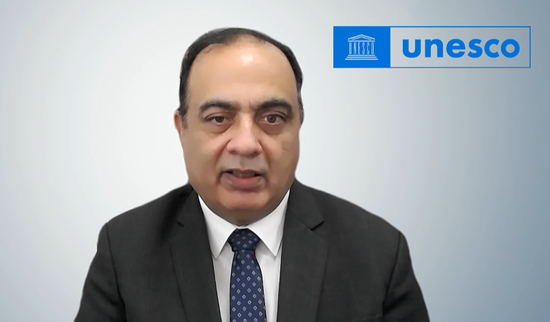
In his opinion, from the ancient vision of “the great unity of all beings under the heaven” to the contemporary initiative of the “Belt and Road”, Chinese civilization demonstrates unwavering and evolving commitments to mutual understanding and cooperation, something urgently needed for handling the complex challenges.
Only through the spirit of mutual understanding and respect, engagement of all, and global collaboration can we transcend the oversimplistic narratives that alienate different civilizations, and achieve enduring peace, justice, and sustainable development, Khan said.
German sinologist Helwig Schmidt-Glintzer also stressed the importance of mutual learning between different civilizations.
"It is crucial that we continue to learn from each other, with Europe also learning from China. We should anticipate a future where there are not just a few winners and many losers, but one in which everyone is a winner," said the sinologist.
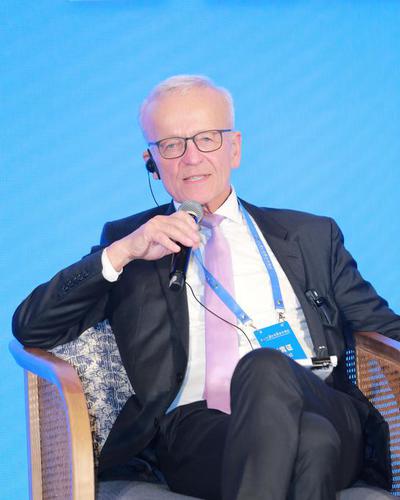
"I believe that the concept of nations is a European creation, and it does not represent a lasting solution for humanity. We can see that Europe consists of many nations but it lacks cohesion," Schmidt-Glintzer said. "I believe that we must seek new ways to reconstruct civilizations, and in this regard, the Chinese example is a good case for learning."
Martin Jacques, a well-known expert on China, also attended the forum via video.
He pointed out that world is no longer one modernity, no longer a Western modernity, but a picture of multiple modernities, where every country, every civilization, every culture, has its possibility to explore modernity in a different and distinctive kind of way.
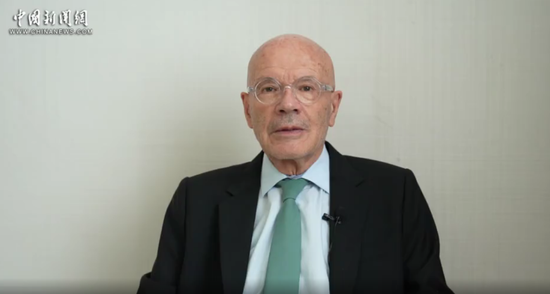
"The Western way was to deny difference, to insist on one road, one way of doing things, and one system, on the contrary, the Chinese approach is essentially a pluralistic approach to listen, learn from and respect other cultures and other civilizations and to recognize the importance of civilizations," said Jacques.
The West does not recognize civilizations because of its own history and colonialism, but China is built on its own civilization, which is a civilization state primarily, which offers huge possibilities for a quite new kind of development in the world, he added.
Josef Gregory Mahoney, professor of Politics and International Relations at East China Normal University, noted the limitations of western model of modernity.
The fundamental question is not a clash of civilizations or intolerance of civilizations towards each other, but that there something fundamentally broken within the western model of development and modernity, said Mahoney.
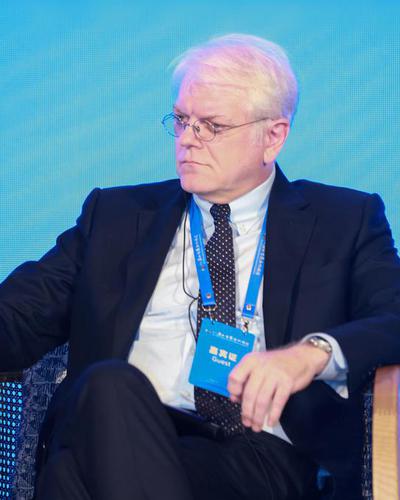
He pointed out that Western people tend to view the world in binary terms, black versus white, good versus evil, heaven versus hell and so on, but in fact, things are swirling. "They are mixing. We shouldn't see the world in black and white, but ever shifting shades of grey."
Mahoney believes that there might be something in Chinese traditional thought that can help rethink these models of development.
China, with a history of thousands of years, will continue to influence the world from within its own borders, but it will not try to control other countries, said Stephen Perry, chairman of the 48 Group Club.
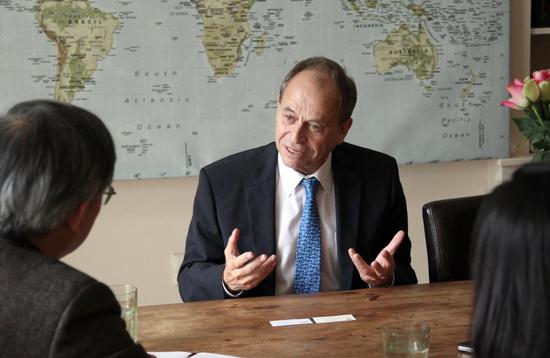
China is an extremely important place to study the history of civilized values. "I think sharing is the core of civilized values," Perry said.








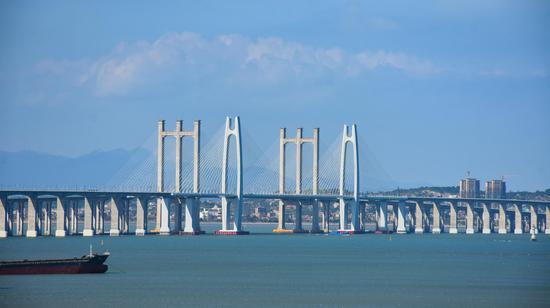
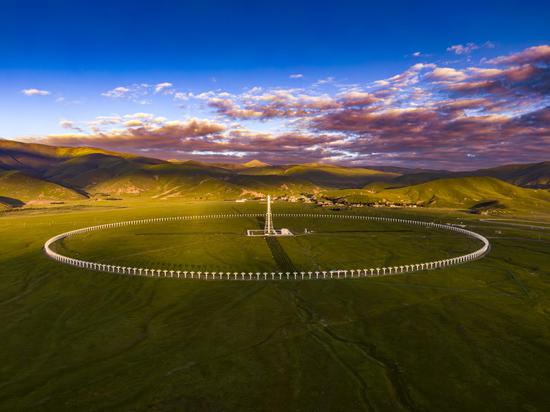
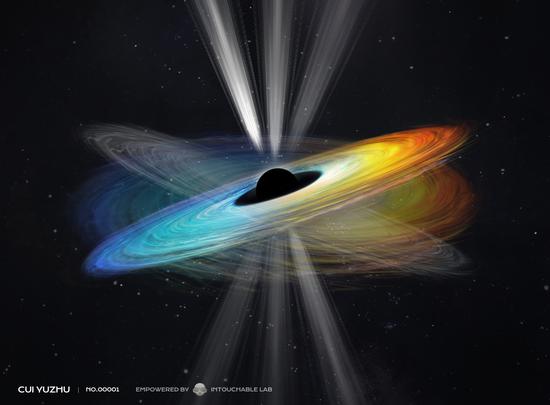
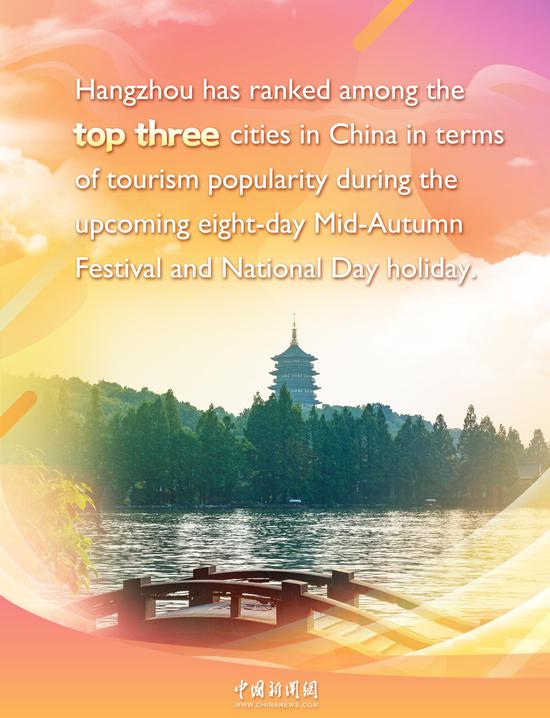
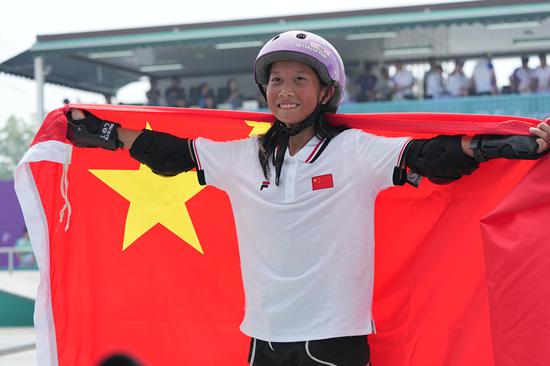

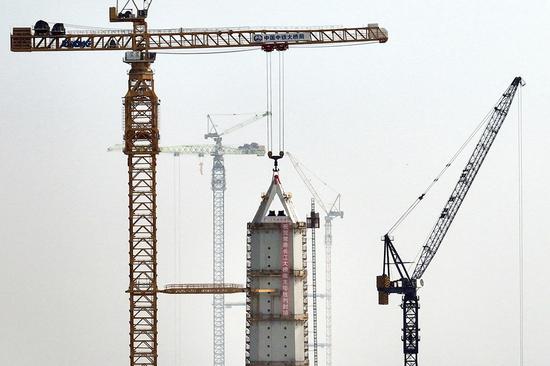
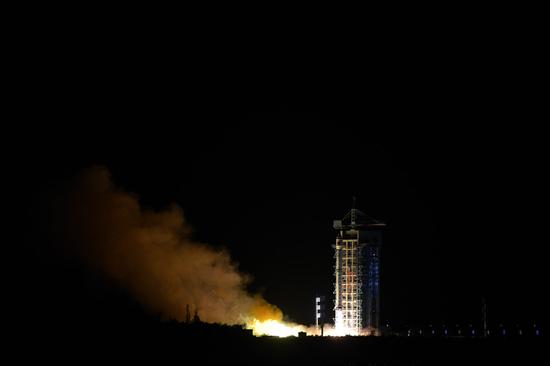
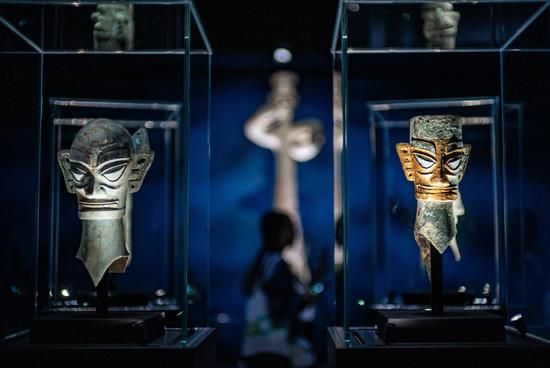









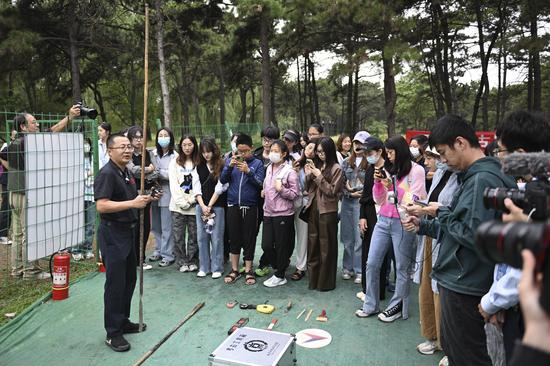
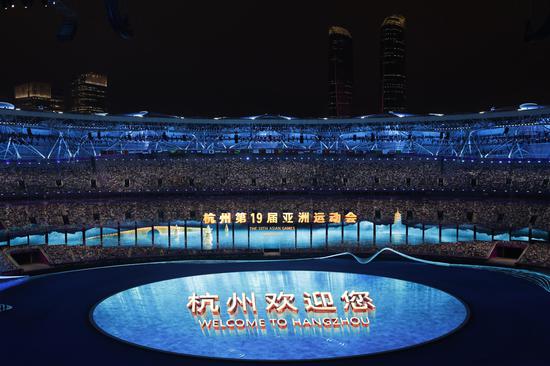



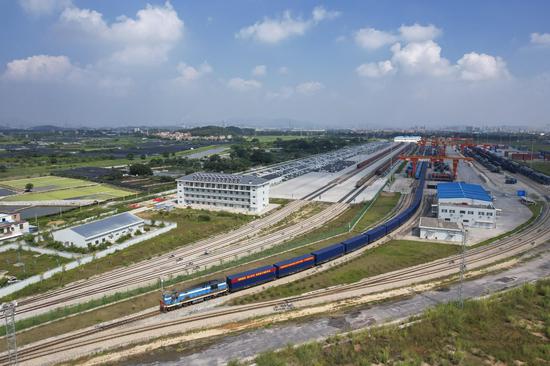
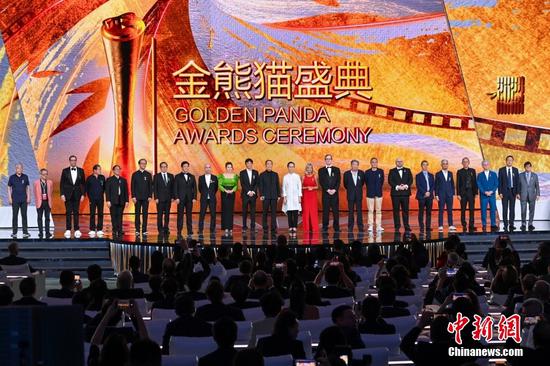


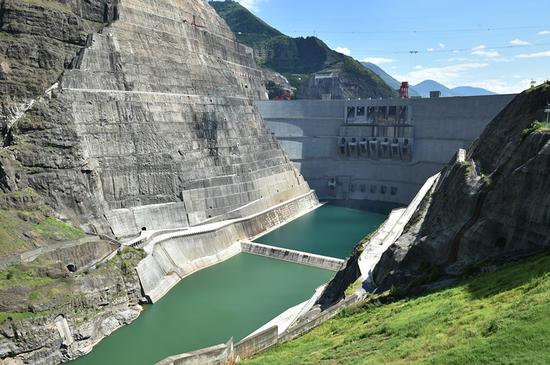
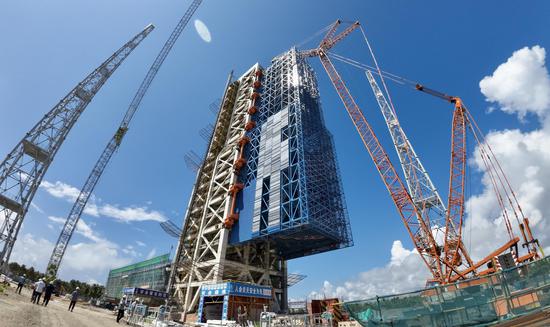
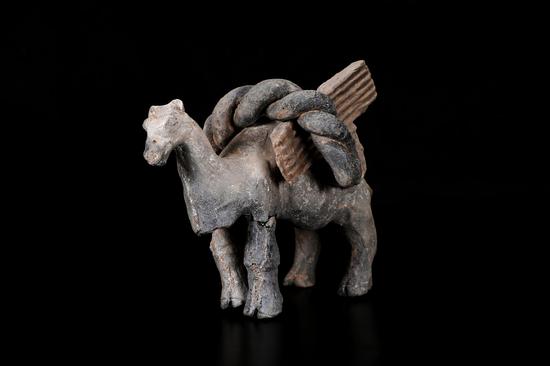




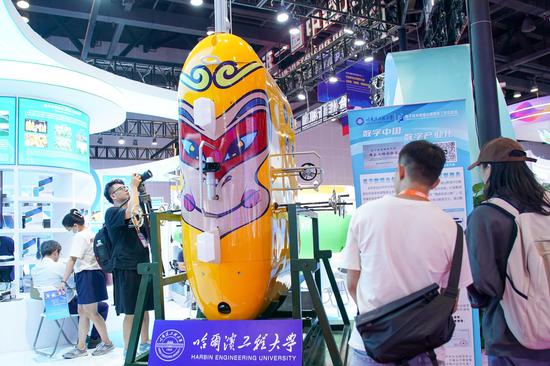

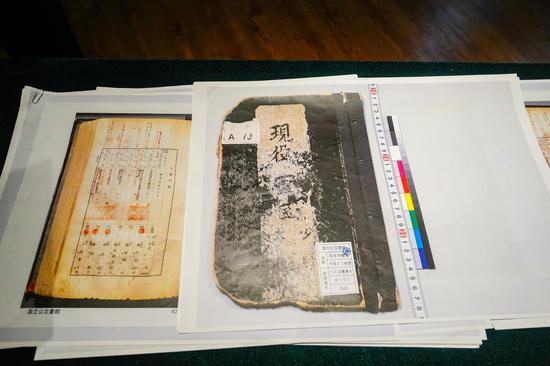





 京公网安备 11010202009201号
京公网安备 11010202009201号
